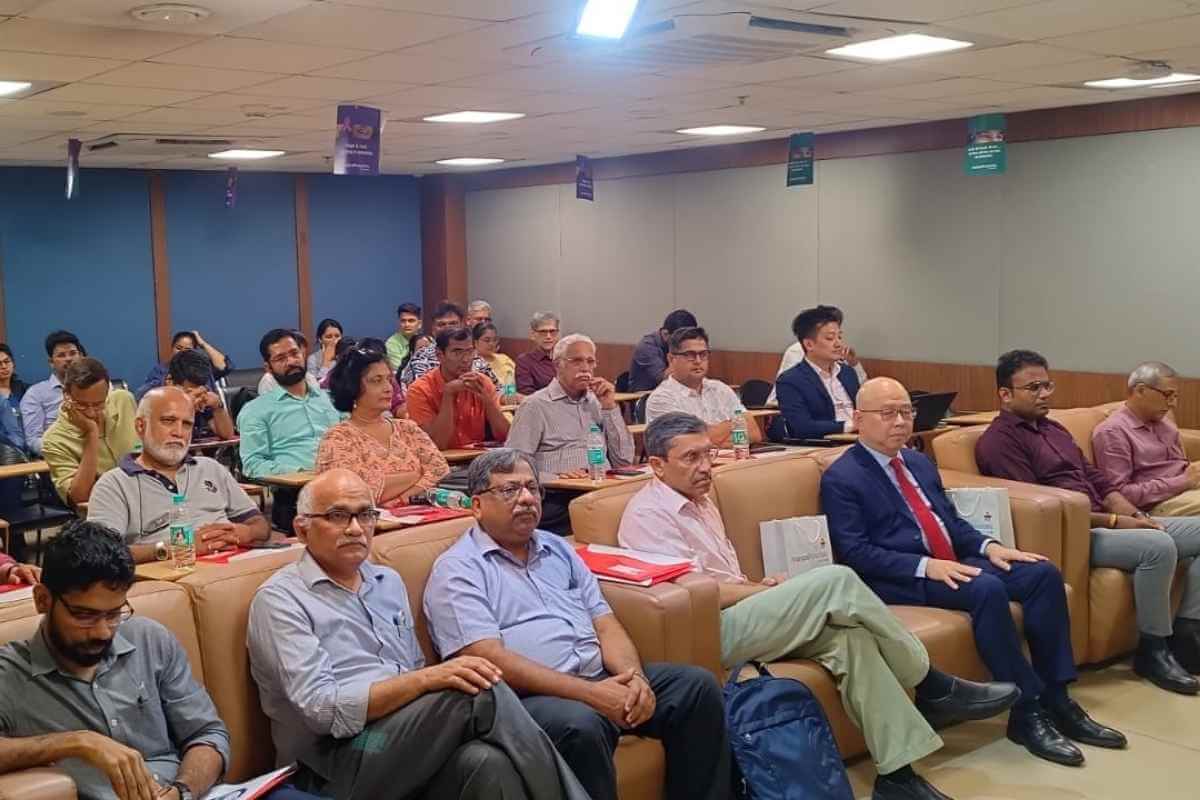On Sunday, the Rajya Sabha hurriedly passed two out of the three proposed farm reform-related bills, which in turn have sparked a huge series of protests across the country, especially in farming dominated states of Haryana and Punjab. There have been mixed reactions to these farm-related reforms, with the ruling government stating that these will liberate farmers. Prime Minister Narendra Modi has also reiterated that farmers will benefit from the changes.
Meanwhile, the opposition – including several farmer groups – has maintained that these reforms will make the government move away from its traditional role of being the guarantor of minimum support prices (MSPs). However, government sources have stated that the fears of the MSP system being dismantled were incorrect, as they will continue to exist.
The Three Farm Bills:
- Essential Commodities Act (Amendment) Bill, 2020 (yet to be passed by the Rajya Sabha)
- The Farmer’s Produce Trade and Commerce (Promotion and Facilitation) Bill, 2020
- Farmers (Empowerment & Protection) Agreement of Price Assurance and Farm Services Bill, 2020
What do these bills propose:
The first bill stated allows for large companies to stock food supplies freely without any fears of being prosecuted for hoarding. This indirectly means, large private companies can store supplies as rates fall, and then release the stocks only when the rates in markets are high.
The second bill basically allows farmers to sell their produce at places other than the ‘mandis’, which means that if a farmer is getting better deals of sale at a private buyer or any other buyer outside a mandi, he can choose that option. They can even sell their produce at their farm gates itself. It is also important to note that through this, the government doesn’t call for shutting down of mandis, but is merely offering farmers better opportunities to sell their produce outside (other than mandis) for better rates.
The third bill mentioned provides for a framework for farmers across the country to enter into contract farming with a company and produce what the company wants in return for a healthy remuneration.
The general idea around the introduction of these three new bills is to ‘liberalize the farm markets in the hope that doing so will make the system more efficient and allow for better price realizations for all concerned, especially the farmers,’ a national report stated.
The opposition to these reforms:
According to experts, there are two ways to look at these new farm reforms.
One is that what is proposed on paper will materialize on the ground, and will enable farmers to move out of mandis and choose areas/persons to sell their crops based on rates as per their choice.
In turn, the farmer will end up earning more than what he typically did in the past when he sold his produce through the ‘exploitative’ mandi systems.
The second way being the view of most farmer groups protesting across the country. They feel that these reforms will help the government move away from its usual role of being the guarantor of MSP’s. Also, MSP’s work in regulated mandi’s and not at other private deals.
Several farmers are also skeptical about the involvement of big companies and how they will bargain for fair prices for their produce. The Indian Express put it down perfectly saying, “Farmers can influence the most powerful governments through the electoral process but vis-a-vis big companies, they are exposed as minor players, incapable of bargaining effectively.”
Also, several states – mostly large farmer dependency states like Haryana, Punjab, Rajasthan – will lose the huge commission that they would get through ‘commission agents’ and ‘mandi fees’ if farmers choose other ways to sell their produce than the traditional mandis.
Effect on Goan Farmers:
It is important to note that Goa does not commercially cultivate any crop for mass consumption, with the exception of the coconut crop. Hence, according to many, the impact of these new proposed bills will be not be felt much on the state’s farmers.
Deputy Director of Agriculture, Chintamani Perni was quoted saying, “Since Goa doesn’t produce the surplus crops and we are not self-sufficient in any of our crops, only those states that sell in large quantities will be affected.
This new reform however will be beneficial to the coconut farmers in the state. Coconut – being a commodity – is sold with a lot of margins through the middleman, while now, farmers can directly sell their coconut produce anywhere they want.
For farmers, it opens up a better choice to select where they would want to sell their crops, considering the costs involved in transportation and other expenses.
Goa, unlike other larger states of Haryana and Punjab, does not see large scale farmer suicides due to agricultural issues, meaning, that several farmers do not always depend on farming as a full-time occupation; however, some exceptions do exist in the state.
Agriculture Minister and Deputy Chief Minister Chandrakant Babu Kavlekar stated that these new farm bills will benefit farmers and eliminate the ‘Dalal’ from the sector.
“These bills will be a loss for agents, not farmers, who now have the freedom to sell their products to anyone outside the market yards. They can sell directly to the customer. This will drop the prices of food grains in the market,” the minister said.
However, certain farmer groups today held a protest meeting at Azad Maidan stating that the government must hold a dialogue with the farmers before implementing them in Goa. They have called on the Agriculture minister to meet the farmers and discuss these new reforms.
As rightly asked, the farmer’s rights to demand a fair discussion before implementation must be looked into by the state government, and confusions with regards to these new reforms must be addressed immediately to eliminate further doubts on the ground. The farmers continue to be our backbone today, and as such, due importance to these new reforms must be done in a committed manner.
Image Credits : Rajan Parrikar

























